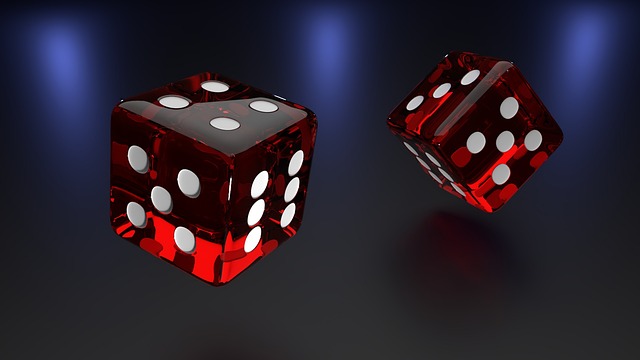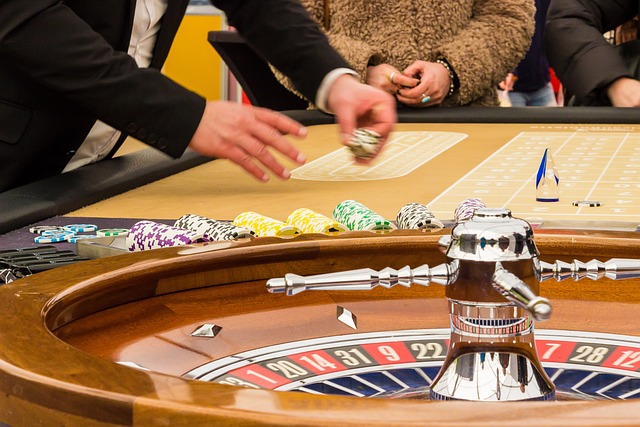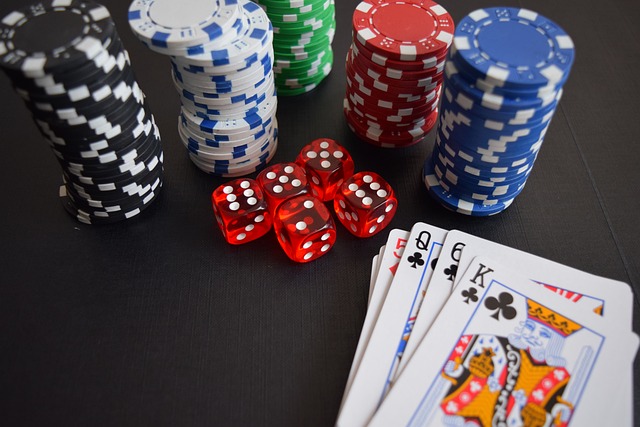When stepping into a casino, one cannot ignore the allure of the spinning roulette wheel, the dazzling slot machines, or the intense card games happening at 22Bet. Amidst the excitement, it is crucial to have a clear understanding of casino odds and probability. This comprehensive guide will demystify these concepts, empowering you to make informed decisions and improve your chances of winning.
To comprehend casino odds, one must first grasp the concept of probability. Probability represents the likelihood of an event occurring, ranging from 0 (impossible) to 1 (certain). In the context of casinos, it involves predicting the chances of winning or losing a bet.
Roulette
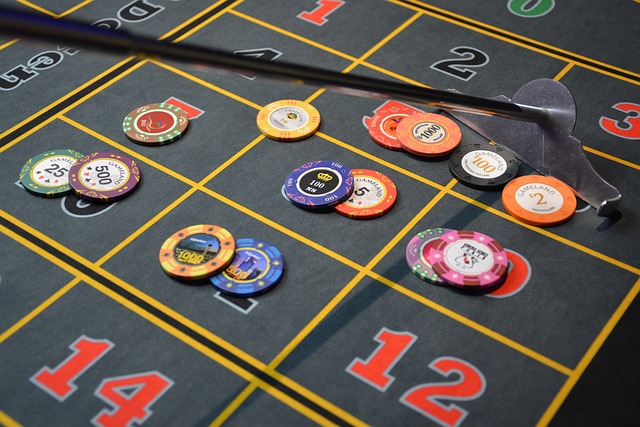
Let’s begin with the most iconic symbol of the casino—the roulette wheel. In the American version, it consists of 38 pockets numbered from 0 to 36, along with an additional 00 pocket. The casino’s advantage lies in the fact that the payout for a winning bet is usually 35 to 1. This difference between the probability and payout is known as the house edge, which, in this case, is around 5.26%. Thus, in the long run, the casino expects to retain 5.26% of all bets made on the roulette wheel.
Blackjack
Moving on to the popular card game of blackjack, the odds and probability can be more complex due to various factors. The fundamental concept to grasp here is the dealer’s up card. Depending on its value, the player must make decisions. By understanding the probabilities associated with each decision, one can adopt an optimal strategy to minimize the house edge.
For instance, when the dealer’s up card is a 2 or 3, it is favorable for the player to hit on a hand value of 12 or lower. On the other hand, if the dealer’s up card is a 4, 5, or 6, it is more advantageous for the player to stand on a hand value of 12 or higher. These strategic plays are based on mathematical calculations that consider the probabilities of busting or improving the hand with an additional card.
Slots
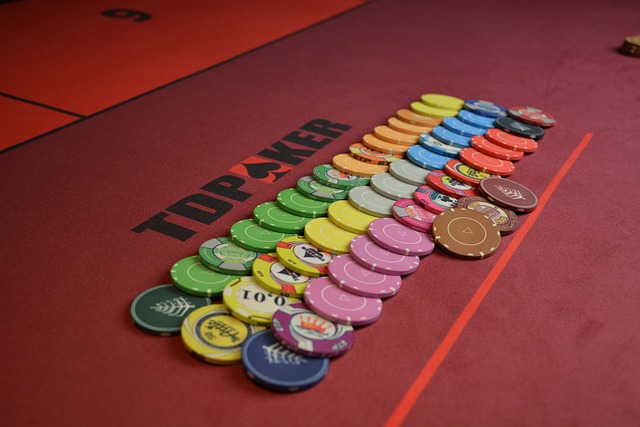
Slot machines, a staple in every casino, have their own set of odds and probabilities. Modern slot machines operate using a random number generator. The odds of winning on a slot machine are determined by the number of reels, symbols, and the corresponding payouts.
To calculate the odds, one must know the number of symbols on each reel and the number of times each symbol appears. However, the complexity of modern slot machines makes it practically impossible for players to accurately calculate the odds. Instead, it is crucial to understand the concept of return to player (RTP). A higher RTP indicates a more favorable game for the player, but it does not guarantee individual wins.
Poker
Another popular casino game that requires a deep understanding of odds and probability is poker. Skilled players analyze the probability of their hand improving based on the remaining cards in the deck and make decisions accordingly. Bluffing and reading opponents’ behaviors also play a significant role in poker, making it a complex game that combines skill and probability.


